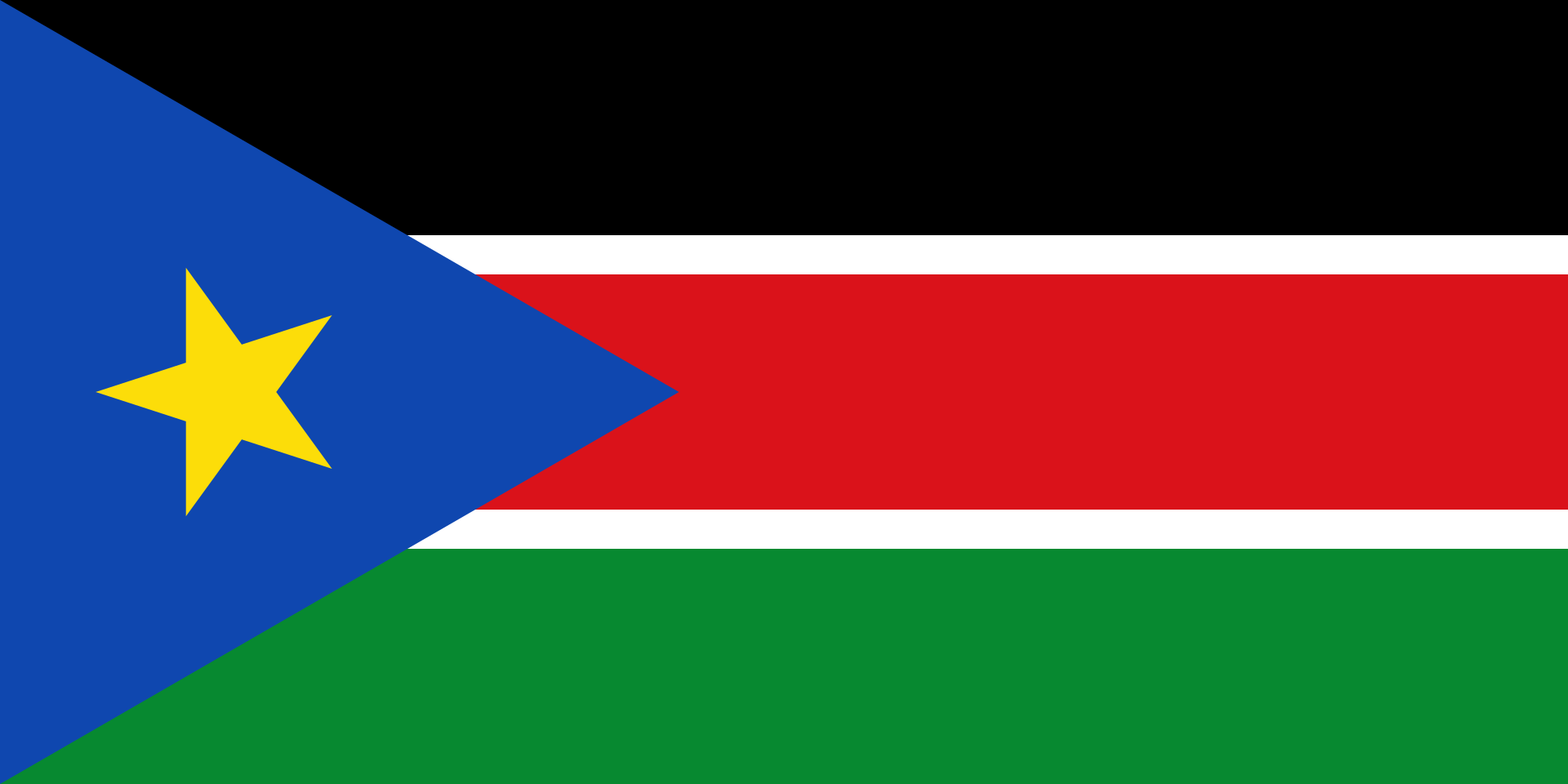A new project to install chlorine dispensers in parts of Burundi is helping to increase access to safe drinking water.
The project was initiated by Water for Development, a non-governmental organization, producing chlorine locally at a laboratory in western Burundi’s Cibitoke province to help purify the water.
A chlorine dispenser is installed next to a water point, helping residents to get the chlorine before drawing the water, according to Olivier Ndayihimbaze, the founder of Water for Development.
“When someone comes to fetch water, they first dispense a few drops of measured chlorine into the jerrycans and then draw the water. Within 30 minutes, the water is treated and protected against any further external recontamination,” Ndayihimbaze said in a video recording shared by the organization Sunday.
He said residents in this region have been experiencing the challenge of accessing clean drinking water.
Currently over 30 chlorine dispensers have been installed near water sources and schools, providing safe water to more than 50,000 people, he said.
Prosper Cishahayo, a chemist and head of chlorine production, explained that it takes about two hours to produce the chlorine, which is then distributed to the various water points.
The production process involves chemical transformation and electrolysis of salt water.
To get a homogeneous solution, salt and water are stirred before putting it in an apparatus that is used to produce the chlorine.
Nadine Umutoni, a mother of four, told Anadolu that their children no longer suffer from waterborne diseases thanks to the project’s initiative.
In 2019, UNICEF said that in countries like Burundi, nearly half of the population lacks access to clean, safe drinking water with a big challenge particularly for households in rural areas.
The lack of drinking water or the difficulty to access it are the primary causes of health problems among children under 5 years of age who are prone to waterborne diseases and malnutrition. - James Tasamba, Anadolu Agency







